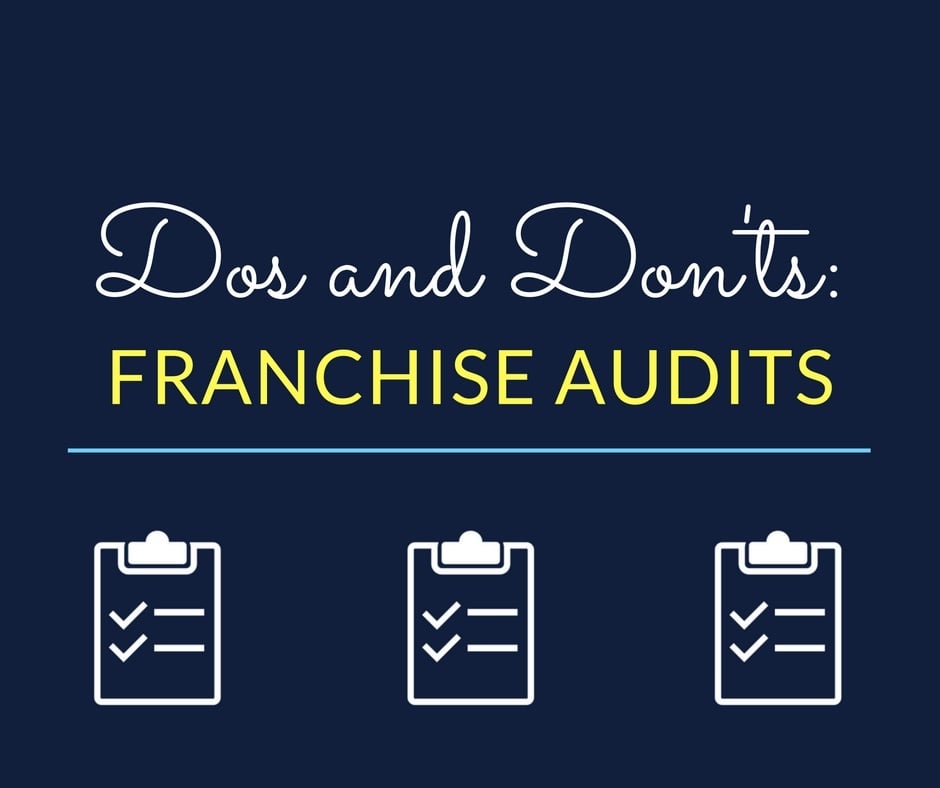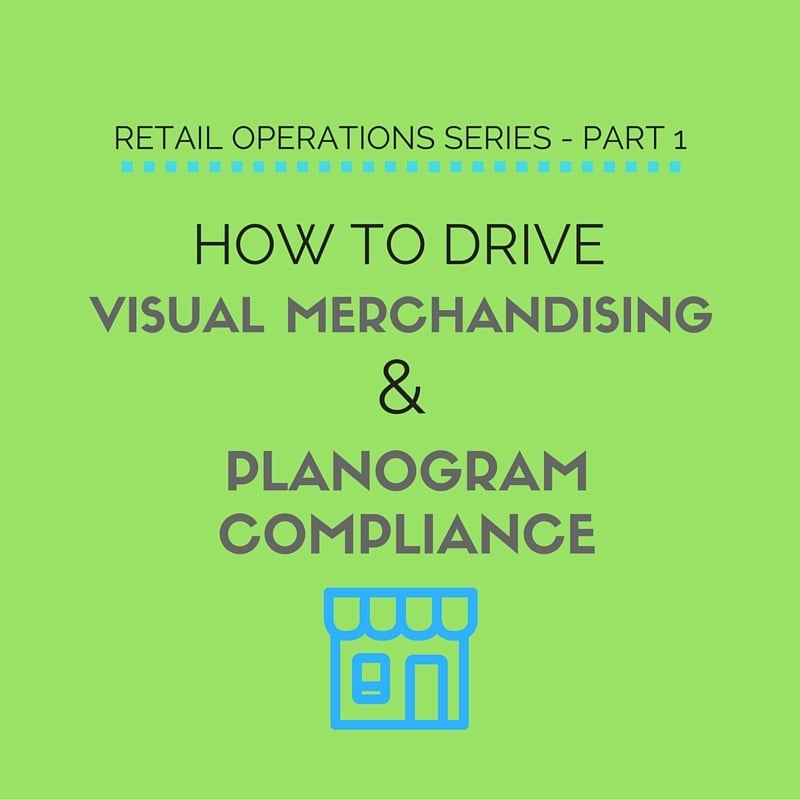A Simple Easy Tool for Improving Store Atmosphere & Cleanliness
An inviting store atmosphere is made up of several elements of customer experience, from cleanliness, cash lines and change rooms to lighting,...

Keeping your franchisees engaged, connected with the corporate office and committed to delivering brand standards on an ongoing basis are three key components of franchise management.
That being said, ensuring each location is following your employee handbook to a tee, isn’t easy. The reality is, different franchisees operate and execute differently. They’re driven by different priorities and experiences - which is part of what makes them great business owners - but, you want to ensure that the core values and standards of your brand are being implemented.
Franchise audits are essential for measuring whether your standards are being delivered, gaining visibility into performance, and improving your operations.
In this blog we’ll discuss three important dos and don’ts of franchise audits, so you can get the most value and drive performance across your locations.
1. Don’t: Limit measurement to periodic franchise audits
Franchise audits help measure and enforce compliance with things like merchandising, safety, food quality and more. But, limiting measurement to quarterly or annual audits only gives you insight into a portion of your operations. Performing audits more frequently gives you a clearer picture of how your locations are executing day-to-day, and helps keep you and your franchisees connected.
Do: Use daily checks in addition to monthly, quarterly or annual audits
Having a solid training program and employee handbook is a great start to ensuring employees understand their role and responsibilities; but, initial training isn’t sufficient. The saying “what gets measured gets done” is true because it reminds people what they are responsible for and holds them accountable for getting it done.
Performing daily checks to measure what’s been done works as an ongoing training tool for your employees and improves accountability. Using mobile form software to perform daily checks allows you to measure more often and more efficiently, and reduces the risk that important tasks will be forgotten during the chaos of a busy day. By performing daily checks in addition to period franchise audits, you’ll have a more holistic view of your franchisees' performance.
2. Don’t: Assume actionable tasks will always get done
Franchise audits and daily checks serve as a way for you to identify and correct issues, but without the corrective component, audits lose half their value. In order to ensure issues are fixed and don’t become patterns or impact customers, it’s important to establish common solutions and actionable tasks with your franchisees.
Do: Define a process for tracking corrective actions and follow-up tasks
Manually entering audit or check results into excel sheets and emails delays reaction time and makes it difficult to manage issues. It’s important to define a process for tracking corrective actions, because otherwise issues can slip, be forgotten and linger. Mobile form software like IntouchCheck makes it easy to assign corrective actions and follow-up tasks, set due dates, discuss problems, add photos and see what’s still open and what’s been resolved.
3. Don’t: Keep franchisee audit results separate
Performance and compliance must be audited at each franchise; but, only analyzing the results individually limits the insights you can take away. When comparing the results of multiple locations all together, you can find common failures and successes - and figure out how these systemic issues should be addressed.
Do: Use a tool that compares franchisee performance in one place
One of the easiest ways to compare franchisee performance is with mobile form software. All of the results from audits and check are automatically rolled up in one place, and list your top issues and top performers. With visual analytics, you can tap or click charts to drill into and filter your data - making it easy and quick to identify areas that are excelling or need improvement.
Conclusion
Franchise audits are one of the best ways to stay connected with your locations and ensure your brand’s standards are being met. In order to optimize your audit process and easily make decisions to drive business improvement follow these three dos and don’ts:

An inviting store atmosphere is made up of several elements of customer experience, from cleanliness, cash lines and change rooms to lighting,...

As a retailer, telling a visual story that invites shoppers into your store and engages them throughout their shopping experience is as important as...

On paper, everything seems fine. Tasks are getting checked off.Audits pass inspection.Daily reports look decent. And yet…things slip. A missed safety...